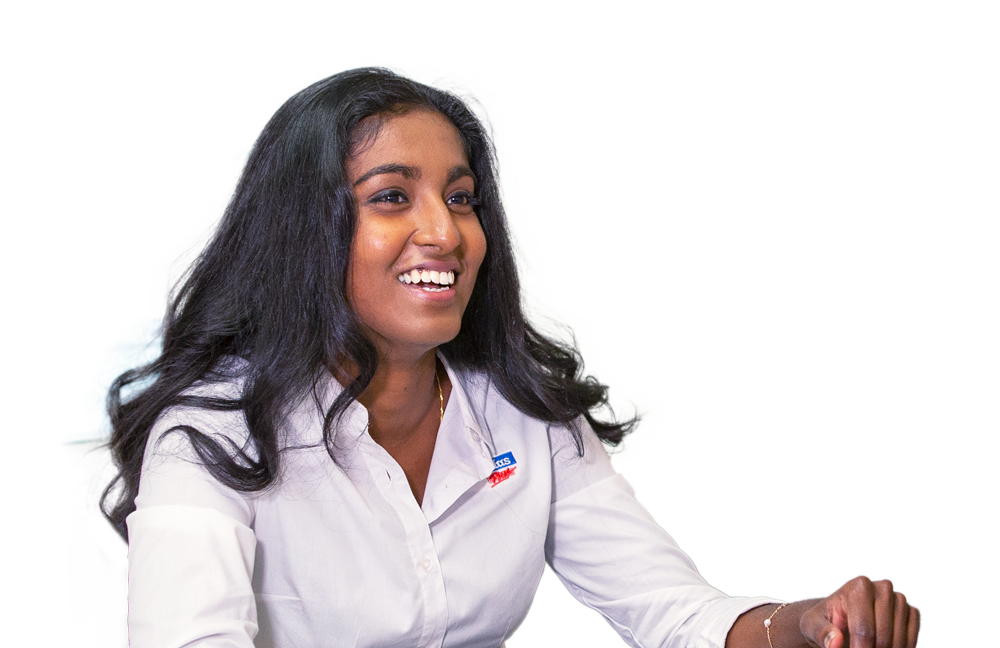
During a sporting competition, we want all the elements to be ideal to perform at our best. So, eating well before a competition is critical. Indeed, eating a good pre-event meal allows you to fill up on energy. This helps to prevent fatigue and “hitting the wall”. The strategies used to optimise our performance vary according to the type and duration of the activity.
Fueling-up before a sporting competition
Foods containing carbohydrates (sugars) should be prioritised in the pre-event meal. The sugars they contain are our primary source of energy during physical exertion. Foods such as: bread, pita, tortillas, oatmeal, pasta, bulgur, quinoa, rice, potatoes, squash, beets, milk, soy beverage, yogurt, banana, apple, orange, legumes, etc. The meal or snack should contain between 1-4 g of carbohydrates per kilogram of body weight. Aim for the maximum amount of carbs if the time between the meal and the competition is longer.
The last hearty meal should be eaten 4 hours before the competition. If the sporting event is early in the morning, eat a good carbohydrate-rich dinner the night before and a snack or smaller meal 1-2 hours before.
Examples of pre-event meals and snacks
| Snacks 1-2 hours before | 1 choco-banana muffin 200 ml chocolate soy milk 2 tbsp raisins (⁓64 g carbohydrate) | 1 whole wheat English muffin 1 tbsp honey 1 medium banana 300 ml 2% chocolate milk (⁓75 g carbohydrate) | Choco-peanut butter oat milk smoothie 2 slices of bread 2 tbsp jam (⁓102 g carbohydrate) |
| Meal 3-4 hours before | 3 medium pancakes 1 tbsp maple syrup 1 fruit ¼ cup dark chocolate chips 200 ml chocolate soy milk (⁓108 g carbohydrate) | 1 baked sweet potato 1 tbsp sour cream 1 cup cooked rice ½ cup chili with beans 1 fruit ½ cup vanilla yogurt 200 ml unsweetened fruit juice (⁓145 g carbohydrate) | 1 ½ cups cooked pasta ½ cup tomato sauce ½ cup lentils 1 tbsp low fat cheese 1 fruit 300 ml 2% milk (⁓152 g carbohydrate) |
What to avoid before a sporting competition?
It is also important to choose a meal low in protein, fibre, and fat. This will help with carbohydrate absorption and avoid intestinal discomfort during the event. Good low-fat protein options are cottage cheese, low-fat Greek yogurt, tofu, poultry, white fish, or legumes, if you digest them well.
It is recommended that you avoid introducing new foods prior to competition to reduce the risk of cramping or other discomforts. Instead, experiment during the weeks before your competition to find your winning combination!
Choose your favourite comfort foods. Liquid supplements or bars can help if you are feeling stressed and have poor appetite.
Hydration, underestimated?
Unfortunately, hydration before a competition is sometimes forgotten, but it is no less important! In the case of hot weather or strenuous activity, the water consumed during exercise does not compensate for the water lost through perspiration. Therefore, in the hours leading up to the event, it is important to drink enough water, generally between 300 and 400 ml is recommended.
What is glycogen overload?
For continuous endurance events lasting longer than 90 minutes (a marathon, a triathlon, etc.), the aim is to have as much energy as possible available and to maximise glycogen reserves. Glycogen is carbohydrate reserves in our liver and muscles. It is possible in this case to do what is called a glycogen overload in the 2-3 days prior to the competition. To do this, you need to increase the amount of carbohydrates you eat. It is also important to avoid training or at least to reduce the intensity 24-48 hours before the event, in order not to deplete the energy reserves.
Finally, each person and each sports competition require specific and individualised preparation. Consulting a nutritionist can be beneficial to adapt the recommendations to your specific needs.
Sources:
- Burke, L., Deakin, V., & Minehan, M. (2021). Clinical sports nutrition (6th ed). McGraw-Hill Education/Australia.
- Burke, L., & Cox, G. (2014). The Complete Guide to Food for Sports Performance: A Guide to Peak Nutrition for Your Sport. Allen & Unwin.
How to feed your body before a sporting competition? is a post from Nautilus Plus. The Nautilus Plus blog aims to help people in their journey to fitness through articles on training, nutrition, motivation, exercise and healthy recipes.
Copyright © Nautilus Plus 2022

A session with a nutritionist will help you on your way!

Let's establish your nutritional goals together and get some expert advice!
Discover our nutrition services
